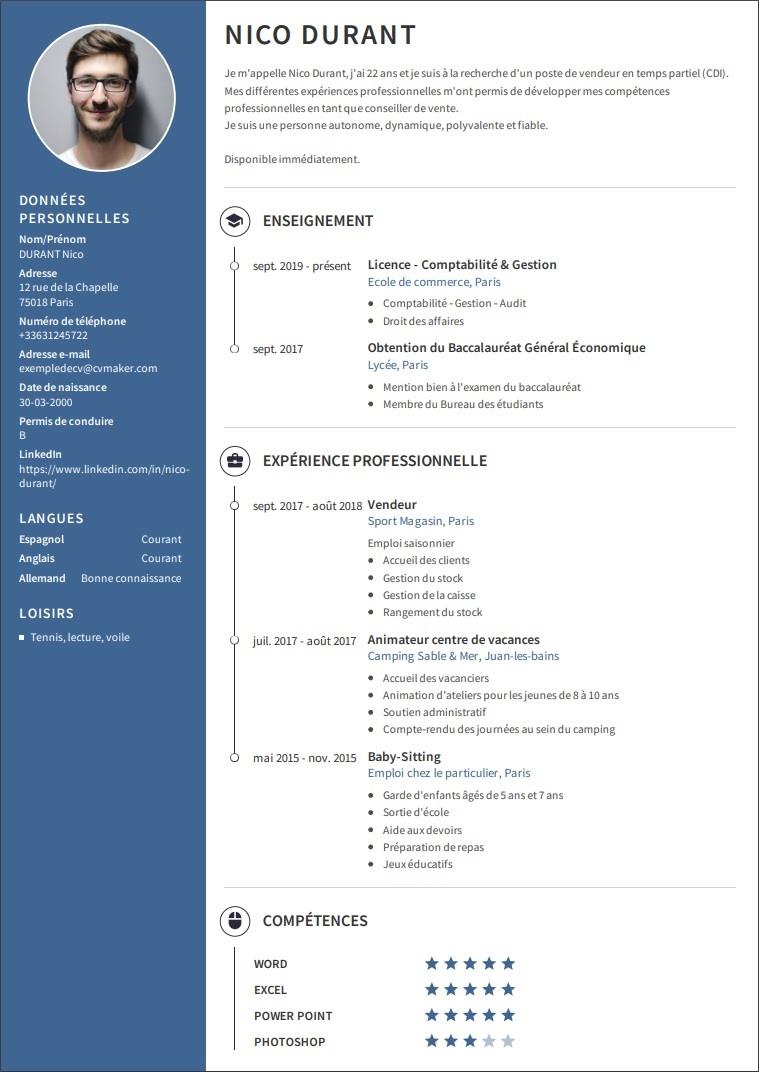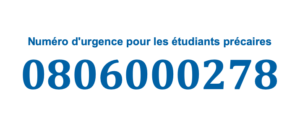What makes a good CV?
The following questions are often asked if you want to write a CV: What are some of the difficulties encountered when writing your CV?
We will try to answer these questions in this article.
What are the fundamentals of a good résumé?
- The CV’s presentation is of particular importance since it is the general impression you give to the recruiter.
- Created based on your professional experience and skills, the CV reflects your qualities; it is your passport to a job or course/school/training.
- It must be very clear, precise, and legible to catch the recruiter’s eye and arouse interest to land the famous recruitment interview.
How TO PREPARE YOUR CV
ON A DRAFT :
- Define your project – What is your professional goal? What type of course/school/training program would you like to focus on?
- List the different professional experiences (employers, start and end dates, positions held, activities, results…) and your different training courses,
- Determine the skills you have acquired through these experiences,
- Think about your interpersonal skills (diplomacy, rigor, good interpersonal skills).
- Expose your hobbies if they bring a plus to your profile.
This upstream work will allow you to sort out your skills and experiences to know what you will emphasize.
What are the headings of a good CV?
➢CIVIL STATUS :
- Second name
- First name
- Telephone contact information
- Optional information: age, situation, address, children…
➢TITLE
- It is not mandatory; however, it facilitates reading the CV during a first selection by the recruiter.
- It must be relevant to the position and correspond to your profile.
- It is also relevant to add under the title of qualities that characterize you (e.g., organized / dynamic/creative…).
➢LANGUAGES/OFFICE AUTOMATION KNOWLEDGE :
- Remember to indicate your level in a precise and quantifiable way. (Example: read / written / spoken or: Expert/ mastery …)
- You can also use a simple visualization system :
English: Powerpoint :

- There is no need to “pollute” your CV if you only have some knowledge of a language or software or if your level is “academic or notions.” Indeed, if the position requires a command of the language or software, you will not meet the expectations.
➢ PERSONAL INTERESTS :
This section is optional. It could be interesting if the activities indicated add value to your application.
➢PROFESSIONAL EXPERIENCE :
- You will find the date (or duration), the type of contract (apprenticeships, internships), the profession practiced, and the company’s name.
- This information is supplemented by details of the tasks performed, a description of the context, and the results.
➢SKILLS :
- If you have held several positions whose tasks/missions were identical or similar, you can group them in this section.
- If you wish to highlight particular skills about the training or position you are aiming for.
- If you have technical skills, highlight them in this section (e.g., PHP development, modeling, DTP…).
➢EDUCATION :
This part includes the education level, the last diplomas, the targeted diploma, the professional training in coherence with the targeted position.
Pieces of ADVICES/ERRORS TO AVOID
YOUR RÉSUMÉ MUST BE :
- Typed
- Clear, airy, and pleasant to read
- Synthetic and concise
- Catchy
- Adapted to the position in question
YOUR RESUME SHOULD AVOID :
- Bad quality photos
- Unnecessary information
- The listing of successive jobs
- Information that is unclear or useless
- Typos/spelling mistakes
Here you have an example of a CV in French.



